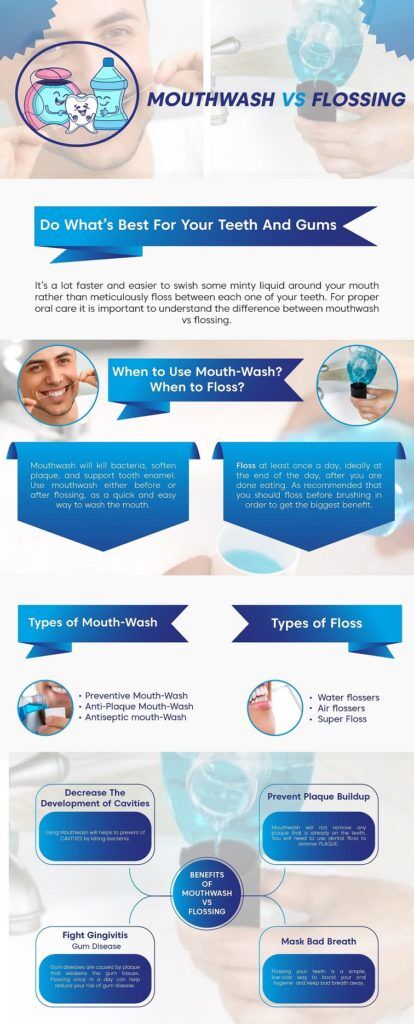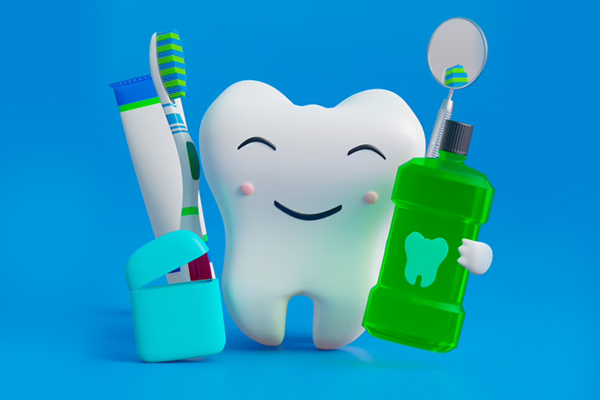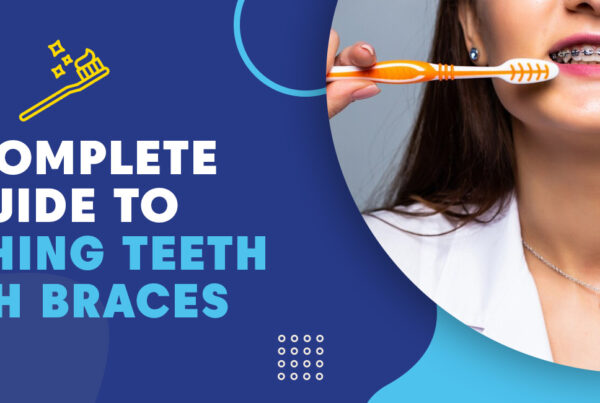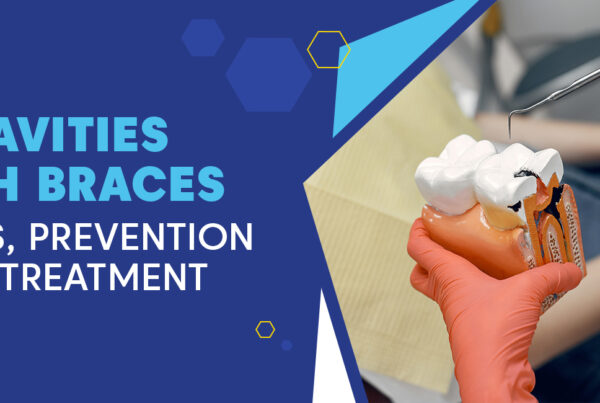Mouthwash vs Flossing
When it comes to proper oral care, it is more about effectiveness than convenience. No doubt both mouthwash and flossing are important components of oral hygiene but many people choose mouthwash vs flossing for the convenience that comes with it. It is easier and faster to swish a mouthwash rather than meticulously flossing between each and everyone of your teeth.
Flossing vs Mouthwash
Flossing can dislodge food stuck on your teeth but it can cause abrasion and scrape away plaque as well. On the other hand,
although mouthwash does not create this level of abrasion, simply swishing your mouth out may not provide the same level of cleaning as you may find with flossing. However, a person can choose between when to use mouthwash and when to floss.
When To Use Mouthwash?
Using mouthwash is not necessary as brushing or flossing but still it can do a lot to help you maintain oral health. You will find a lot of cosmetic products in the market to improve your breath but unfortunately they can’t treat you medically. However, therapeutic mouthwash helps in killing bacteria, plaque, and support tooth enamel while improving the freshness of breath. Therapeutic mouthwash is an ideal mouthwash for braces if you use it before or after eating a meal or drink. It is recommended that you use mouthwash either before or after flossing as a quick way to remove residuals of food from teeth.
When To Floss?
Flossing is recommended once a day and ideally at the end of the day to give vent to all the food residuals sticking in your teeth. To get more benefit from brushing, floss before brushing is recommended. If flossing with a typical floss stick is difficult or uncomfortable for you, you can choose alternative flossing tools such as dental tape and water pick. Make sure that first you consult your dentist or orthodontist before deciding on any of these alternatives.

Mouthwash vs Floss Benefits
- Mouthwash contains fluoride which is effective in providing numerous dental benefits. It strengthens and protects your teeth
- Mouthwash helps to potentially reduce harmful bacteria growth in your mouth.
- It helps to freshen up your breathe quickly
- It helps to keep cavities at bay
- Mouthwash can help your combat gingivitis, dry mouth, sensitivity, and give you whiter teeth.
- Different types of mouthwash are useful for special purposes such as teeth whitening, sensitive mouths and swollen gums.
Despite all these benefits, it should be used as an addition to brushing or flossing routine not in replacement of these.
Flossing is an essential part of oral hygiene since this is the only way to penetrate the space between your teeth where your food and things get caught causing you several dental health problems such as tooth decay and gum disease. If flossing is not a part of your dental care routine then attempting to floss for the first time in a while can cause your gums to bleed when you do it again – this is a sign for gum disease. Gum disease is reversible with good oral hygiene consisting of daily brushing and flossing.
Why Do We Need Both?
Many people ask can mouthwash replace flossing. It may be tempting to replace flossing with a quick swish of mouthwash but actually it is not a good idea. Scraping away plaque and debris caught in your teeth is only possible with flossing and mouthwash can’t do that simply.

Mouthwash is just meant to leave your mouth feeling fresh and breathe smelling great. For optimal oral hygiene a combination of both at least once a day is recommended.










